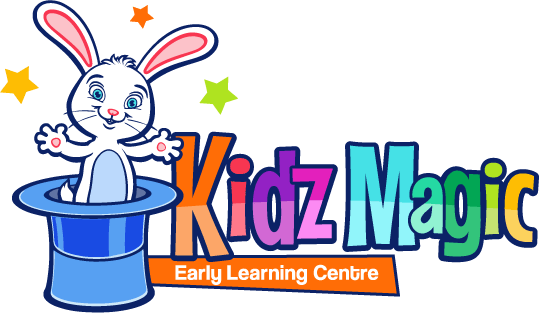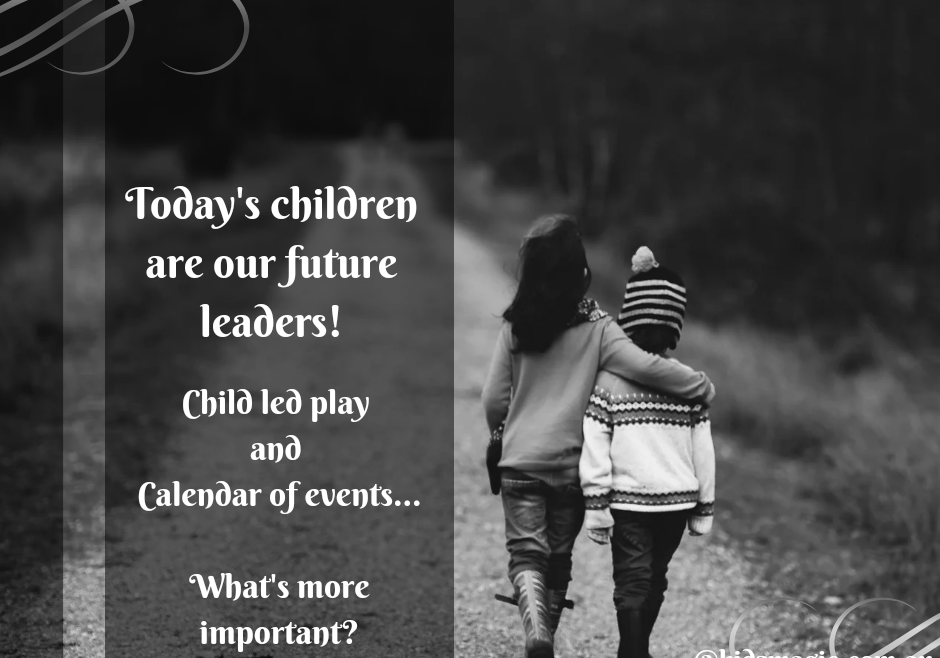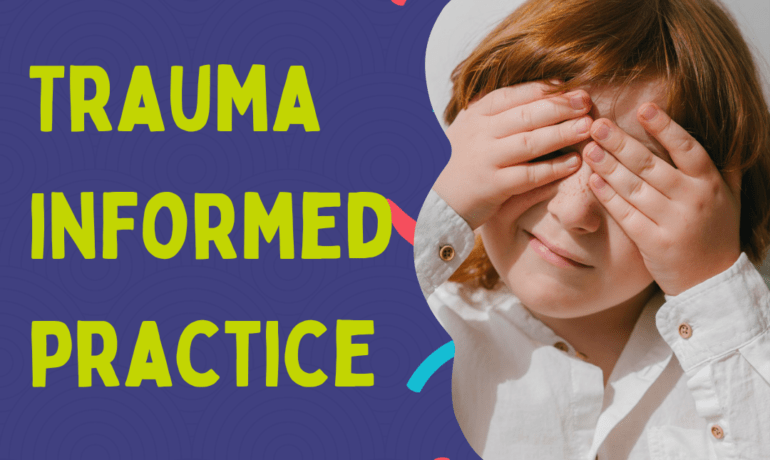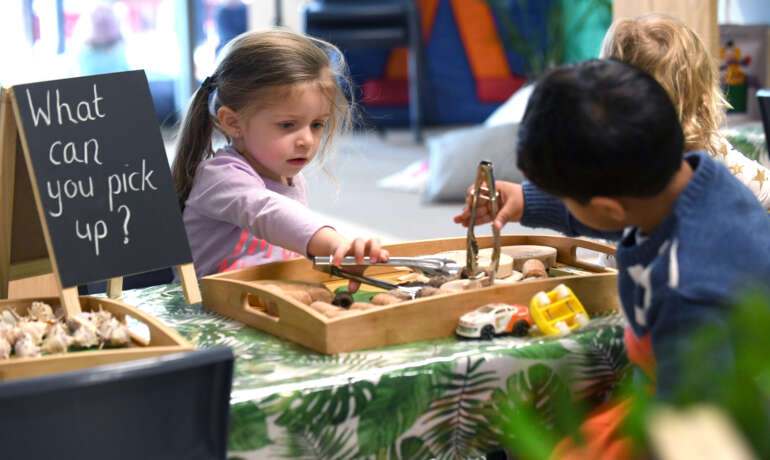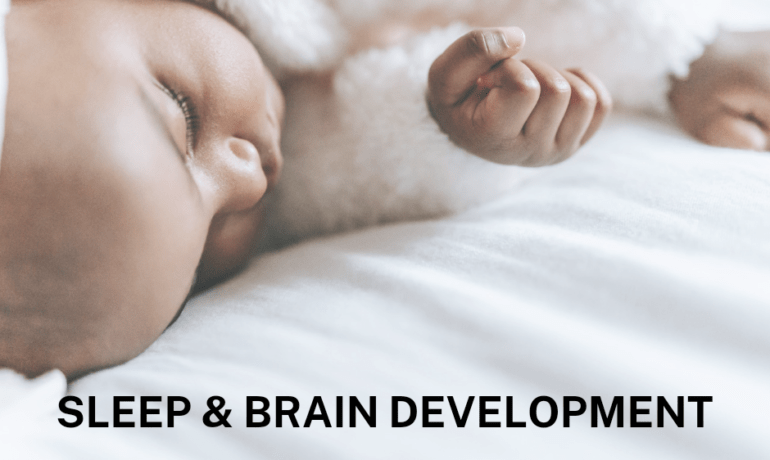In our exploration of “Child-led Experiences versus Calendar of Events – What’s More Important?” we delve into the world of early education. Prevalent belief supports that child-led experiences hold greater importance over a rigid calendar of events. Why? Because child-led play propels children to take the reins of their own learning and development.
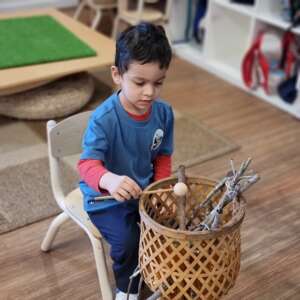 These child-led experiences, rooted in a child’s own interests, foster creativity, initiative, and independence, placing the child at the center of their educational journey. When children feel the autonomy to select their activities, it empowers them and fuels a sense of self-confidence and motivation. It also allows children to discover their own strengths, interests, and preferences. They can explore their environment, experiment with different materials and engage in activities that spark their curiosity. This self-directed exploration helps them develop a deeper understanding of the world around them.
These child-led experiences, rooted in a child’s own interests, foster creativity, initiative, and independence, placing the child at the center of their educational journey. When children feel the autonomy to select their activities, it empowers them and fuels a sense of self-confidence and motivation. It also allows children to discover their own strengths, interests, and preferences. They can explore their environment, experiment with different materials and engage in activities that spark their curiosity. This self-directed exploration helps them develop a deeper understanding of the world around them.
It also provides opportunities for social interaction and the development of important social and emotional skills. When children engage in play with their peers, they learn to negotiate, cooperate and communicate effectively. They also learn to regulate their emotions and develop empathy for others.
Research suggests that child-led play can lead to better long-term learning outcomes. It promotes the development of cognitive skills, such as problem-solving, language, and creativity. It also enhances social skills, emotional intelligence, and resilience which are important for success in various aspects of life.
On the other hand, a calendar of events that interrupts a child’s learning may limit their ability to explore and discover. It can restrict their autonomy and impose adult-directed activities that may not align with their interests or developmental needs. While some structure and guidance are important, an overly scheduled approach can hinder a child’s natural inclination to learn and grow through play. We respect children and believe that their connection and contribution to their world are built on the idea they can exert agency in ways that make a difference. It’s important to remember that today’s children are our future leaders and allowing children to foster autonomy lays the foundation for them to become capable and effective future leaders.
At Kidz Magic, we guide and support children in developing impactful leadership skills. Our educators implement scaffolding in play-based learning environments to aid children’s acquisition of new skills. This method enriches children’s learning experiences and fosters growth. We integrate diverse theories and perspectives to enhance our early childhood approaches, promoting holistic child development.
Further readings:
https://www.acecqa.gov.au/sites/default/files/2023-01/EYLF-2022-V2.0.pdf
